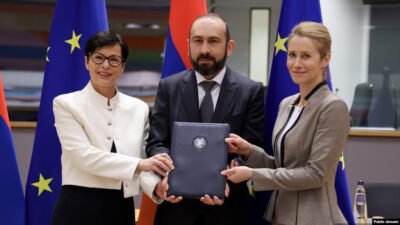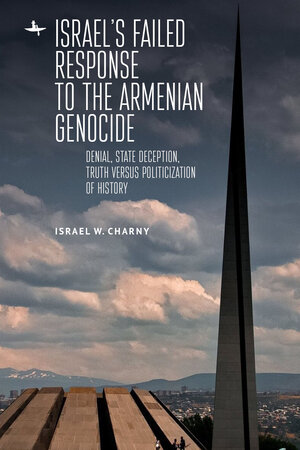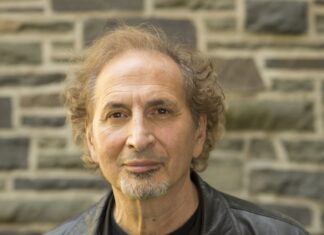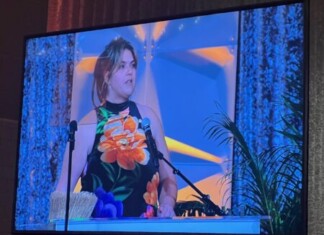The new book by Prof. Israel Charny, Israel’s Failed Response to the Armenian Genocide: Denial, State Deception, Truth Versus Politicization of History, is a brave effort taking on wrong doing in one’s own backyard, among one’s own people, who for a variety of reasons, thwarted — or tried to thwart —justice.
Charny has succeeded in presenting the background of a major conference that was almost derailed but went on thanks to the moral backbone of several actors. It is an important addition to the study of the Armenian Genocide and genocides in general, showing how good people can make very bad decisions. It is also important in offering an insider’s view of how the Israeli government regards the Armenian issue.
The book, published by Academic Studies Press of Boston this month, tries to untangle the web of tactics deployed by the Israeli government to scupper the 1982 landmark “First International Conference on the Holocaust and Genocide,” in June in Tel Aviv, whose primary organizer was Charny, with the participation of several other Israeli scholars and organizations.
The conference was historic as it was the first known major international academic conference on genocide to link the Holocaust and other genocides, specifically the Armenian Genocide. It was also the first ever to feature Armenian scholars, including Professors Vahakn Dadrian and Richard Hovannisian.
While the conference went on, the size and scope of the conference was narrowed, with major sponsors and speakers dropping out, including Yad Vashem Holocaust center in Jerusalem and Elie Wiesel, the noted Holocaust survivor and human rights activist.
The story thus far has been that the Israeli government was worried about the safety of Jews in Israel, as well as Jews in Iran and Syria who were trying to leave and arrive on the relatively safe shores of Turkey. And because of specific threats, they were trying to get rid of the Armenian component of the conference.








